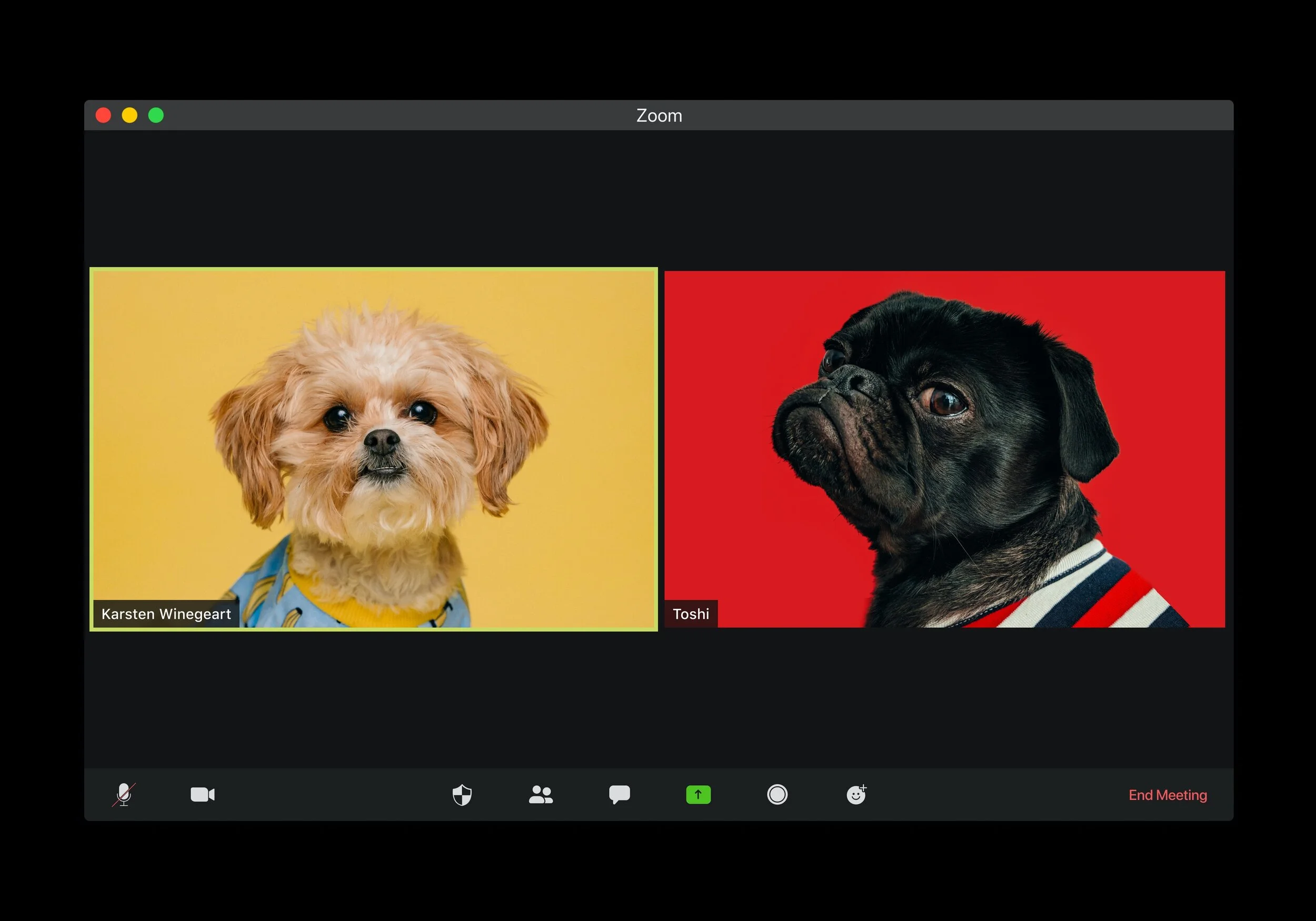I hope everyone is staying healthy and doing as well as possible in this strange new world. We’ll make it through this and come out the other side much closer (ironically) as a community. Please feel free to email me at kevin@code-talent.com if you need help of any kind. I’d love to hear about omissions from this list that I can add and I’m sure there are many. I’m excited to see many of you in-person at a meetup at Code, whenever that may be! Here are some ways you can help our fellow Coloradoans.
1.) Donate Blood: COVID 19 doesn’t cause a need for blood. The issue is that social distancing regulations has cancelled most blood drives and made it more difficult to get donors. Another issue is that people who donated early on during the Corona Virus shut down in late March aren’t able to give blood again until late May (2 months between blood donations). A steady flow of blood is needed so there could be a shortage over the next few weeks.
I was in last week, and it’s completely safe to donate blood. Protective equipment including gloves is worn by the staff to ensure safety. Currently they have donors lined up in the short term, but would love to get donors lined up for appointments in towards the end of April or early May.
I went to Vitalant (formerly Bonfils) Westminster office, and they have locations throughout the front range:
https://www.vitalant.org/Donate/Donate-Blood-Overview.aspx
Here is another website to find blood donation locations:
https://americasblood.org/?mod=article_inline
If you have survived Corona Virus, you can donate your blood plasma which has anti-bodies and allow patients to get those anti-bodies to fight off infection. Informational Article: https://www.wsj.com/articles/coronavirus-survivors-keep-up-the-fight-donate-blood-plasma-to-others-11585733401?mod=article_inline
2.) Equipment
Personal Protective Equipment is a term we’ve all heard in the last couple months. If you happen to have extra masks, gloves or other PPE this great website will help find a healthcare facility for front-line worker who can use them - GetUsPPE.org
Masks are important to wear in public, and they will be for a long time. They don’t necessarily protect the person wearing them, but you do a great social good by wearing them because it greatly reduces the chance you get others infected if you happen to have an infection and don’t realize it. Face 2 Face Masks is an organization selling masks that are 2.5x more effective than cloth masks. When you buy 25 masks ($50) they will donate 25 masks to homeless shelters, where it is extremely dangerous and easy for diseases to spread among a vulnerable population. Their website is https://face2facemasks.org/
3.) Help restaurants and small businesses
The closure of businesses is brutal for basically every small business, as there’s no corner of the economy that hasn’t been hit by the effects of COVID-19. The website Help Main Street! has put together a map of every restaurant and retail store that is selling gift cards so you can financially support them now to help them survive, and redeem your gift card once things open back up. The website for this map (It looks like hundreds of companies on here just in Denver) is https://helpmainstreet.com/
There are also charitable funds that give 100% of donations towards workers and small businesses hit by this crisis. The breakdown of how the funds are given away are on the website.
Restaurant Focused - https://secure.restaurantworkerscf.org/np/clients/restaurantworkerscf/donation.jsp?campaign=2&forwardedFromSecureDomain=1&test=true&mod=article_inline
Domestic Workers (in-home care, nannies, house cleaners, etc) - https://secure.actblue.com/donate/coronavirus-care-fund?refcode=covidfundlightbox&mod=article_inline
4.) Food
Everyone needs food to survive, and not everyone has access to it. Especially with unemployment rising incredibly quickly, food banks need donations and food to help keep our families fed. Feeding America is an organization that can hook you up with a local food bank where you can donate money, food or time - https://www.feedingamerica.org/?mod=article_inline
5.) Volunteer Time - The Division of Homeland Security & Emergency Management for the State of Colorado has created a website to coordinate volunteer efforts to help in a variety of ways. Learn more and sign up at https://coloradoresponds.communityos.org/volunteer-registration
6.) Companies hiring
Layoffs and furloughs have swept the country, and most companies without layoffs certainly aren’t hiring. As a tech staffing firm, our list of positions we are working on looks a whole lot different than two months ago (but we do still have 40+ roles if you’re a software engineer!)
However, some companies have experienced an uptick in business and are hiring in Colorado. If you’re one of those companies, or you are looking for a great list to browse, check out the Colorado #COVID19 Talent Network: https://cocovid19startuptalent.splashthat.com/.
Also, check out these options below:
a.) Amazon - They have several warehouses and distribution centers in Colorado. They are currently hiring Warehouse jobs at their warehouses in Thornton, Denver and Aurora - https://search.amazondelivers.jobs/
b.) Dominos PIzza
c.) Dollar General
d.) Ace Distribution Center
e.) CVS Health
f.) Walgreens
g.) Pizza Hut
h.) USAFA
i.) Windigo Logistics
j.) T&H Services
k.) King Soopers - Hiring tons of people at stores throughout the front range - jobs.kroger.com
l.) Safeway - Open Positions at https://recruiting.adp.com/srccar/public/RTI.home?c=1208301&d=Safeway_External
7.) Stay home and stay healthy
Homebodies Rejoice! One of the best things we can all do to help during this time is to stop the spread of the virus by not catching or transmitting it ourselves. Stay home when possible, and wear masks and maintain a safe distance from others in public.















